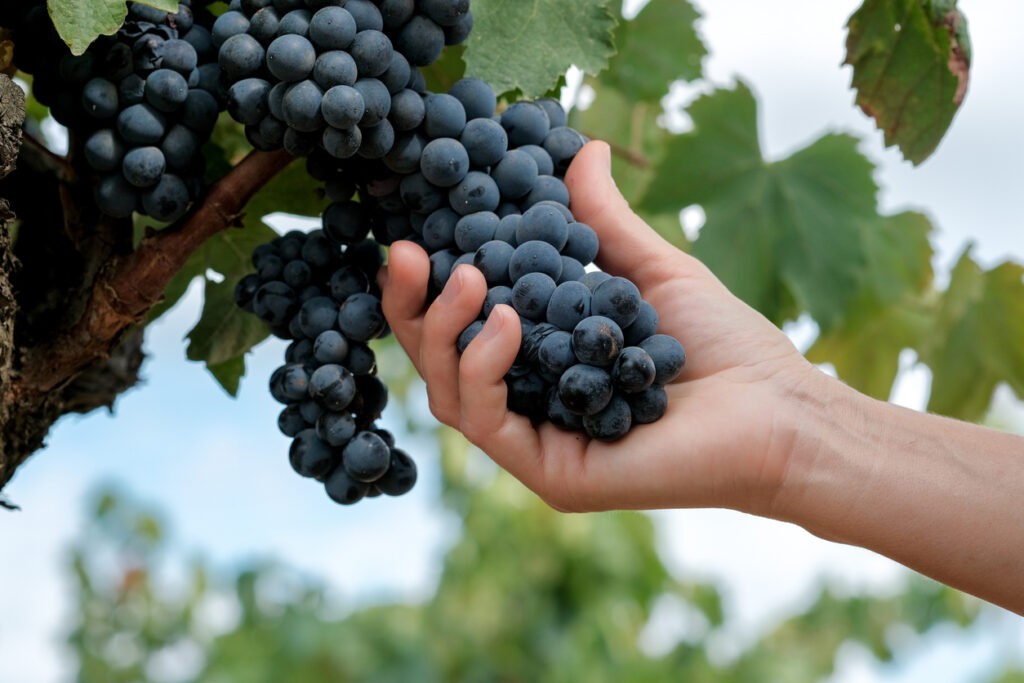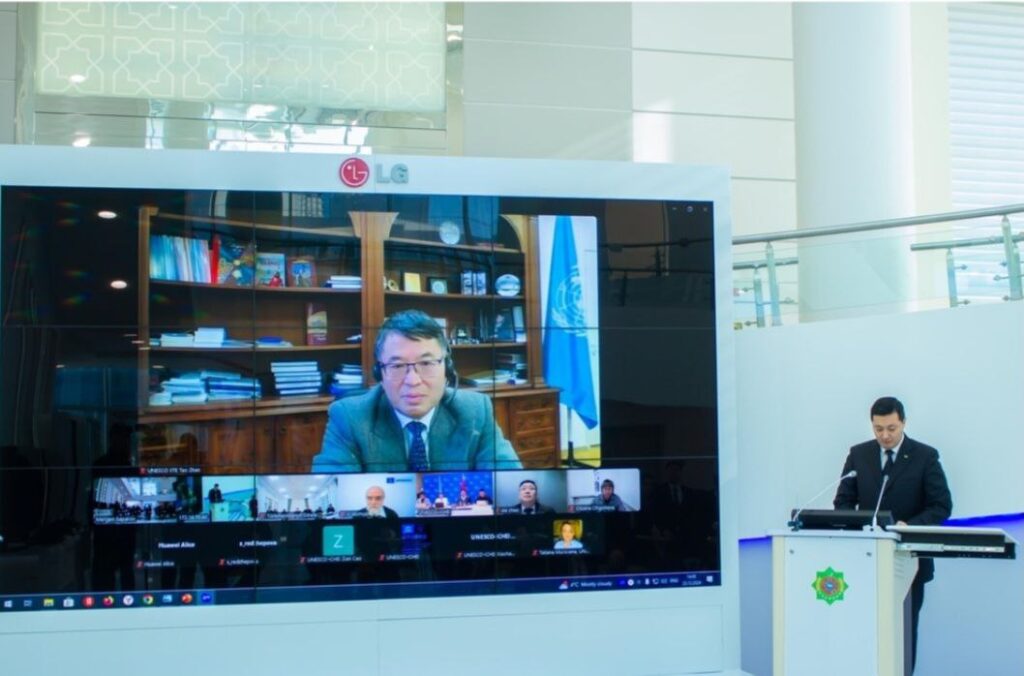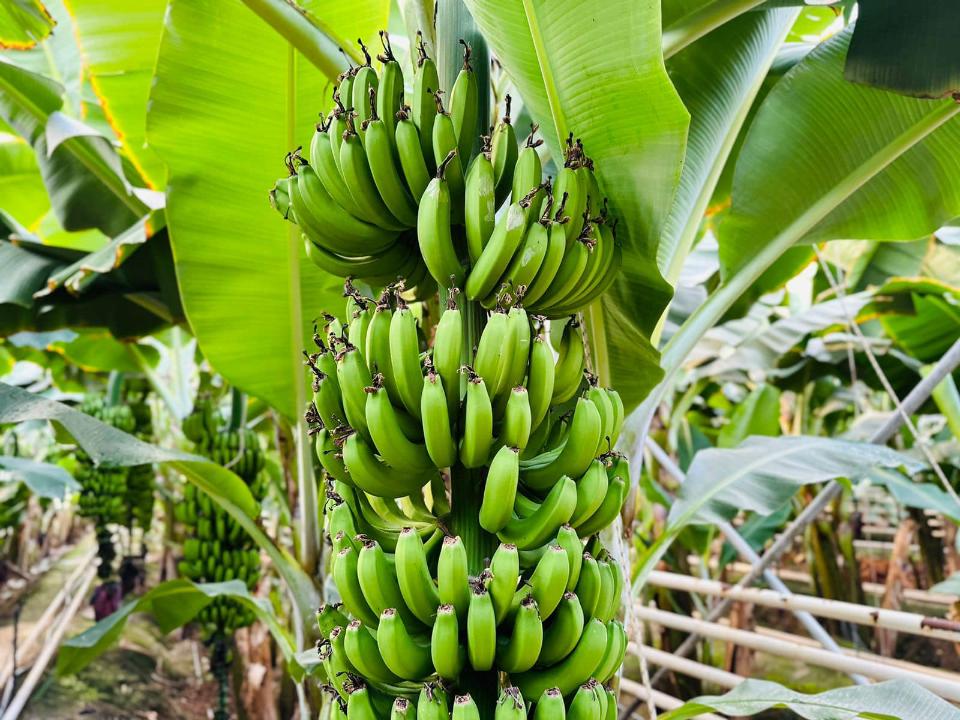Turkmenistan Develops Innovative Grapevine-Based Products
The International Science and Technology Park of the Academy of Sciences of Turkmenistan is conducting groundbreaking research on the use of local grape varieties in biotechnology, focusing on waste-free production. The biotechnology laboratory is studying grape varieties such as "Garauzyum," "Gelinbarmak," "Terbash," "Khalili," and "Dagtokga," analyzing the properties of grapes, including their leaves, seeds, and vines, to develop innovative technologies. Altyn Rakhmanova, head of the laboratory, highlighted the versatility of grapes, noting their significance beyond traditional wine-making. She emphasized their potential to produce biologically active substances, compound feed, and environmentally friendly fuel. “Our research is aimed at identifying the potential of this crop for use in various industries,” Rakhmanova explained. The laboratory has already developed several grapevine-based products, including the antioxidant resveratrol, animal feed, and fuel briquettes. These briquettes, made from grapevine combined with other wood-based materials, are particularly noteworthy for their environmental benefits. When burned, they emit no toxic resins, making them suitable for both domestic and industrial use. This innovative approach not only reduces waste but also diversifies the product range. The project’s uniqueness lies in its combination of environmental sustainability and broad applications. In addition to product development, the biotechnology laboratory is exploring opportunities for international collaboration. Scientists believe that partnerships with foreign companies and research organizations will facilitate the exchange of knowledge and foster the creation of advanced environmentally friendly technologies.






